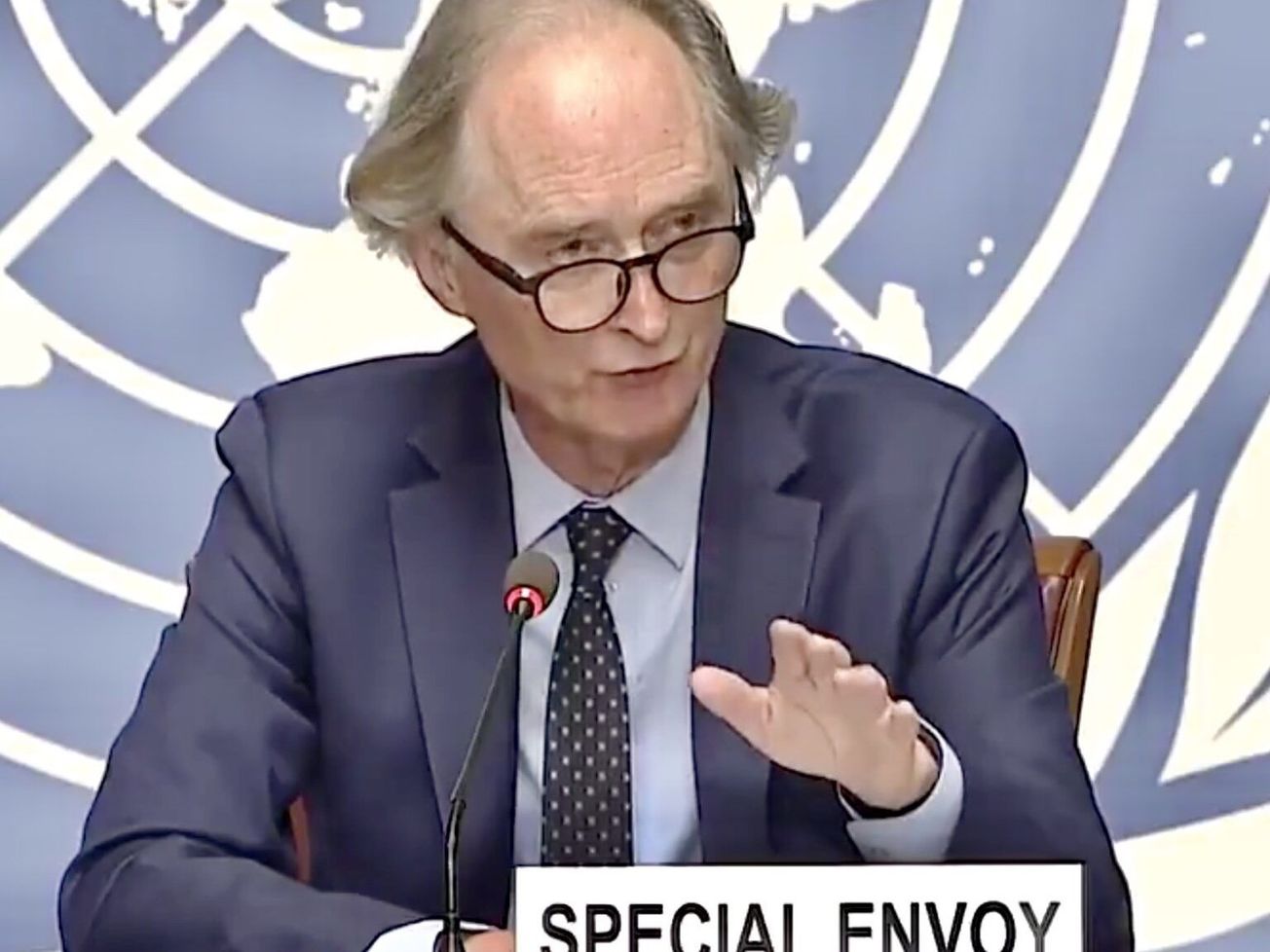GENEVA (AN) — The U.N. special envoy to Syria, Geir Pedersen, said three days of peace talks ended on Saturday with "a little bit" more confidence and trust built up among government, opposition and civil society representatives.
"I believe that the tone was respectful, that people were listening to each other, and that goes for all the three delegations," he told a news conference. Pedersen said three teams of Syrian representatives, each with 15 members, met for one session on Thursday afternoon, another one on Friday and two more on Saturday. No specific date or agenda has been set for a future session.









